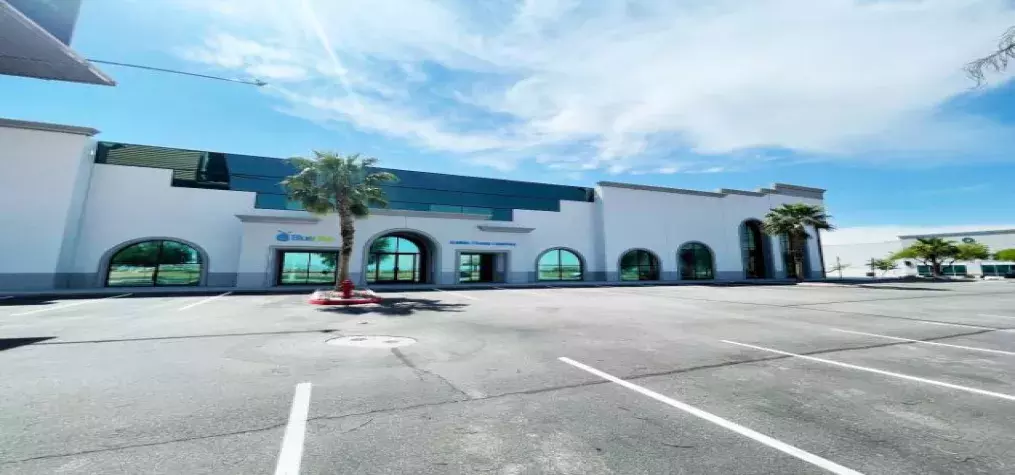In a significant step towards a sustainable future, the stakeholders of the Net Zero Carbon Events workstreams have officially released seven comprehensive guidance documents for decarbonization. As a culmination of efforts from more than 100 colleagues worldwide, the guidance documents offer a detailed and actionable framework for stakeholders, entering in a new era of responsible event management.
Venue Energy
The Venue Energy workstream introduced a four-fold approach to kickstart the decarbonization journey for event venues. Recommendations range from tracking energy usage to implementing a sustainable IT strategy, emphasizing practical steps such as LED lighting and light sensors. A pivotal initiative involves the rollout of a venue energy reporting system, inviting all interested venues to showcase their progress.
Smart Production and Waste Management
This document, segmented into three sections of smart production, waste management and the Materials Library – is a potential game-changer for the entire events industry. The focus on the 4 Rs – Reduce, Reuse, Recycle, and Refuse – in smart production sets the stage for a more sustainable approach. Meanwhile, the Materials Library promises to be a go-to document, offering emission factor sources for various materials and fostering a culture of reuse.
Logistics
Breaking down the complexities of logistics into four key scopes, the Logistics document provides not only best practices but also identifies barriers to decarbonization. It calls for collaborative efforts among various stakeholders, including event organizers, venues and destinations, to improve traffic modes and management.
Food & Food Waste
In a document that brings to light the often-overlooked impact of food and food waste on event carbon footprints, comprehensive guidance is provided. The document introduces key principles for sourcing, purchasing and managing food and food waste, offering a practical checklist for stakeholders. Easy-to-understand sections, including "good to know" and "what I can do," make this a handy resource for sustainable event planning.
Travel and Accommodation
This document unveils a best practice matrix for travel and accommodation, considering both internal and external events. Attention is directed towards reducing air travel, exploring sustainable alternatives and understanding offsets. Beyond travel, the document extends its reach to accommodation, offering guidance on sustainability certifications. Stakeholder engagement and case studies further enhance the practicality of the guidance, showcasing real-world applications of sustainable travel and accommodation practices.
Carbon Offsetting
Unpacking the intricacies of offsetting in the events context, this document provides a detailed yet accessible introduction. It explores various offset types, their pros and cons, and offers guidance on selecting high-quality offsets. Drawing insights from a survey, the document reflects the current status of offsetting in the events industry, with plans for continuous updates based on evolving data and stakeholder feedback. It recognizes that carbon offsetting schemes are not the answer to net zero and takes a clear standing on carbon avoidance.
Measurement
The NZCE Measurement Methodology unfolds a robust approach to understanding and quantifying event-level emissions. Spanning nine categories, it covers everything from production and materials to digital content and communication. The methodology accommodates stakeholders at different levels, offering tiers for both beginners and advanced users.
Looking Ahead
As the industry evolves, future versions will address specific challenges, incorporating detailed guidance on secondary data, coefficients, estimation and extrapolation. A call for data will continue to strengthen assumptions, ensuring the methodology remains at the forefront of sustainability efforts.
All these guidance documents represent a key leap towards a sustainable events industry. They provide a roadmap, not just for decarbonization but for fostering a culture of responsibility, collaboration and continuous improvement. Stakeholders are now armed with the knowledge and tools to navigate the path to net-zero carbon events, leaving a lasting legacy of positive environmental impact. As we enter a new phase of the project, we will be focusing on implementation of the developed theory into practice with NZCE stakeholders sharing their experiences and adaptations.


